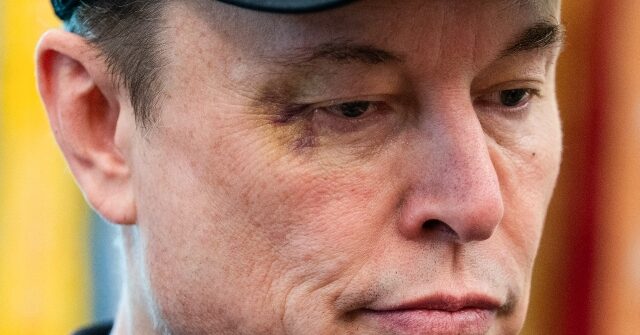A jury in Miami has found Tesla liable for $243 million in damages over a fatal crash involving the company’s Autopilot driver assistance system in 2019. As Elon Musk hopes to expand his robotaxi operations and sell more cars with “Full Self-Driving” systems, the verdict represents a major stumbling block to the EV giant.
Bloomberg reports that in a significant legal setback for Tesla, a jury in Miami has ordered the electric vehicle maker to pay $243 million in damages over a fatal crash involving its Autopilot driver assistance system. The verdict, delivered on Friday, found Tesla one-third responsible for the 2019 accident that killed Naibel Benavides Leon and seriously injured her boyfriend as they stood next to their parked SUV.
The case, Benavides v. Tesla, is notable because the driver of the Tesla Model S admitted he was at fault for the crash, having sped through a stop sign while distracted searching for a dropped cellphone. Despite this admission, the jury still assigned one-third of the blame to Tesla, arguing that the company’s actions and marketing of Autopilot had enabled the driver’s reckless behavior.
Under the jury’s decision, Tesla must pay approximately $43 million in compensatory damages to the victims, as well as $200 million in punitive damages. Elon Musk, Tesla’s CEO, said the company plans to appeal the verdict. However, the outcome represents a timely rebuke of how Tesla has promoted its Autopilot and “Full Self-Driving” driver assistance technologies.
Central to the case was the argument that Tesla’s choice of the “Autopilot” name and its marketing of the system’s capabilities gave drivers an exaggerated and misleading sense of what the technology could safely handle. The driver testified that while he knew he was ultimately responsible for controlling the vehicle, he had expected Autopilot to help avoid a crash if he made an error.
Safety experts and regulators have long expressed concerns that Tesla’s driver assistance systems and the way they are marketed could lull drivers into a false sense of security and lead to misuse. Studies show that as vehicle automation increases, drivers can become overly reliant on the systems and fail to properly monitor the road. Tesla instructs drivers that they must keep their hands on the wheel and remain attentive when using Autopilot, but critics argue the company simultaneously hypes the technology’s abilities.
Breitbart News previously reported that safety expert Missy Cummings testified on the dangers of Elon Musk’s “Autopilot” and self driving technology:
According to Cummings, Tesla’s owner’s manual, which contains crucial warnings about the Autopilot system’s functionality, is not easily accessible to drivers. She also pointed out that Tesla had been grappling with drivers ignoring computer-generated warnings prior to the crash. Cummings noted that the company had not implemented geo-fencing, a technology already in use by other car manufacturers to prevent drivers from activating driver-assistance features on roads unsuitable for such systems.
When asked by Brett Schreiber, a lawyer for the plaintiffs, about Tesla’s decision not to use geo-fencing in 2019, Cummings responded, “I believe they were using that as a way to sell more cars.” Cummings, who previously served as a senior adviser at the National Highway Traffic Safety Administration (NHTSA), is expected to face questioning from Tesla’s lawyers when she returns to the witness stand.
The case also highlighted the risks that advanced driver assistance systems can pose not just to drivers and passengers of equipped vehicles, but also to pedestrians, cyclists and other road users. The two victims in the Miami crash were innocent bystanders who had not bought into Tesla’s Autopilot claims but suffered dire consequences nonetheless.
As Tesla continues to expand its “Full Self-Driving” program and pursues plans for a robotaxi service, the Miami verdict serves as a stark warning that the company must be extremely careful and precise in how it presents its technologies to the public. Overhyping the systems’ capabilities is not just misleading marketing, but could prove deadly.
Investors are also expressing caution about Tesla’s future in autonomous vehicles and robotaxis following the verdict. Reuters reports that prominent Tesla investor Gene Munster said, “It’s going to take time to get regulators to move forward and time being more than the end of the year. From an image standpoint, it’s a black eye.”
Read more at Bloomberg here.
Lucas Nolan is a reporter for Breitbart News covering issues of free speech and online censorship.


